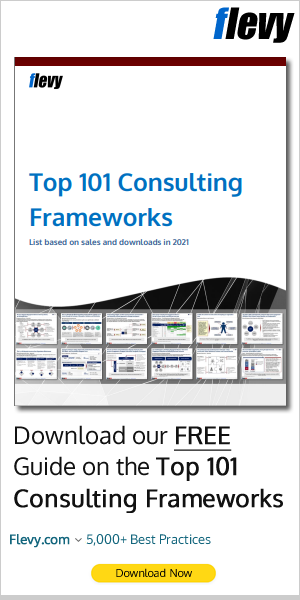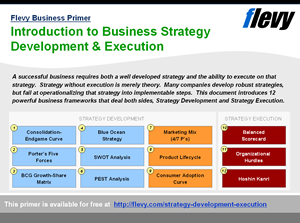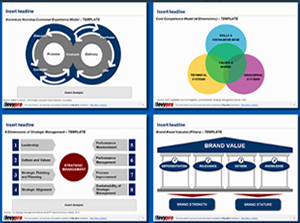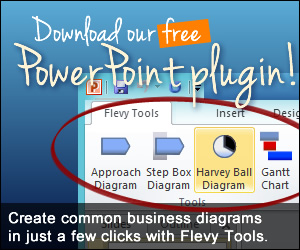Editor's Note: Take a look at our featured best practice, Agile & Scrum Introduction (107-slide PowerPoint presentation). This PPT gives an Introduction to Agile & detailed insight in the SCRUM Sprint Cycle. This PPT is based on a new Scrum Guide (November 2020) snd gives an detailed insight in the SCRUM Sprint Cycle. It explains one sprint cycle, including: 1. Scrum Team 2. Scrum Events 3. Scrum [read more]
Global Agile Implementation and Local Culture Considerations
* * * *
In today’s modern era, driven by Technology and Innovation, organizations can only survive if they are swift and agile; and have the capability of learning and adjusting rapidly.
Establishing methodologies that introduce flexibility and agility to a team or business is an absolute necessity for companies to survive in today’s business environment.
Organizations have become cognizant of this and have introduced Agile methodologies in their Operations to allow them to quickly react to rapidly changing environments. Organizations across the world, in various industries, have found the following advantages and disadvantages in adopting Agile methodology:
- Agile methodology assists the businesses in introducing products and services to market promptly and adjusting adroitly to Innovations in the technology backdrop as well as customer and market fluctuations.
- Currently, Agile methods, which originated in the United States (U.S.), are being used in businesses worldwide.
- Since the methodology was developed in the United States, it brings with it cultural norms of the U.S. and this creates a problem when Agile is adopted in cultures dissimilar to the U.S.
- An example would be the culture of openly expressing thoughts and opinions to authority figures, in U.S. society. Such a culture is not the norm in many societies across the world.
- Cultures tend to have distinct words to express certain behaviors in their populace; that trend has been termed as the “Cultural Script.”
The problem of culture has been successfully solved in Agile implementations outside the U.S. by adjusting practices to include the aspect of cultural sensitivity.
The important question in the Agile vs. Culture debate is: How do the Cultural Scripts customary in a particular country work alongside—or in contradiction of—the principles of Agile methods?
To answer this question, employees of 8 software companies in 3 countries (China, South Korea, and India, that had adopted Agile methodology) were interviewed.
Cultural problems that the participants of study confronted in Agile projects and the uncharacteristic manner of interaction of Agile practices with Cultural Scripts can be narrowed down into the following 3 challenge areas:
- Maintain Flexibility & Speed.
- Build an Agile Team.
- Create Communication Channels.
Let us delve a little deeper into the 3 key challenges.
Maintain Flexibility & Speed
Agile stresses preserving flexibility and speed; while adapting such scripts to Agile methodology, problem arises when they start overreaching. This may create embarrassing or detrimental situations for the involved stakeholders.
Some Cultural Scripts align with this practice but may overdo it if not given a proper framework to operate within.
Research has uncovered following 2 tactics for circumventing out of hand state of affairs in teams whose members may adopt Cultural Scripts:
- Streamline Problem Solving.
- Leverage a Hybrid Model.
Build an Agile Team
Agile practices are geared around people, and Agile teams are supposed to organize themselves with members from various functions.
Cultural Scripts may also accentuate communication patterns that could hamper the uninhibited movement of information between team members.
Empirical research recommends following 2 tactics for getting around communication movement issues:
- Add Pragmatic Structure.
- Balance Skills and Group Camaraderie.
Create Communication Channels
Free-flowing and continuous communication is key and critical to Agile practices. Communication is profoundly influenced by Cultural Scripts.
When Agile methodology is adopted on projects involving people from outside U.S., interpersonal communication gaps may occur due to different cultural contexts.
Research has come up with following 2 tactics that enable open communication without Cultural Scripts discouraging the discourse.
- Create an Environment of Open Communication.
- Create New Communication Channels.
Interested in learning more about the 3 Key Challenges and the Tactics to navigate them? You can download an editable PowerPoint presentation on Global Agile Implementation and Local Culture Considerations here on the Flevy documents marketplace.
Do You Find Value in This Framework?
You can download in-depth presentations on this and hundreds of similar business frameworks from the FlevyPro Library. FlevyPro is trusted and utilized by 1000s of management consultants and corporate executives.
For even more best practices available on Flevy, have a look at our top 100 lists:

Readers of This Article Are Interested in These Resources

|
|
105-slide PowerPoint presentation
|
|
30-slide PowerPoint presentation
| |||
About Mark Bridges
Mark Bridges is a Senior Director of Strategy at Flevy. Flevy is your go-to resource for best practices in business management, covering management topics from Strategic Planning to Operational Excellence to Digital Transformation (view full list here). Learn how the Fortune 100 and global consulting firms do it. Improve the growth and efficiency of your organization by leveraging Flevy's library of best practice methodologies and templates. Prior to Flevy, Mark worked as an Associate at McKinsey & Co. and holds an MBA from the Booth School of Business at the University of Chicago. You can connect with Mark on LinkedIn here.
Top 10 Recommended Documents on Agile
» View more resources Agile here.
» View the Top 100 Best Practices on Flevy.















